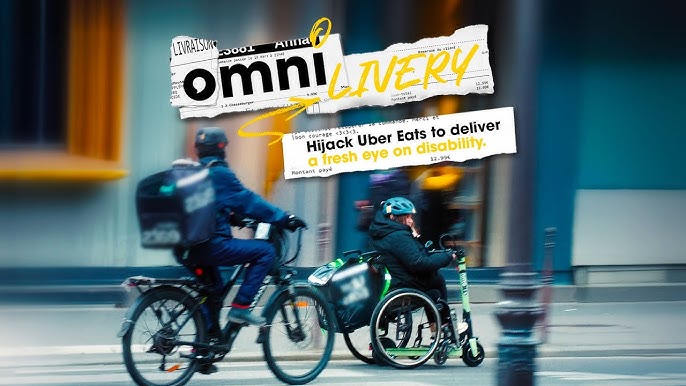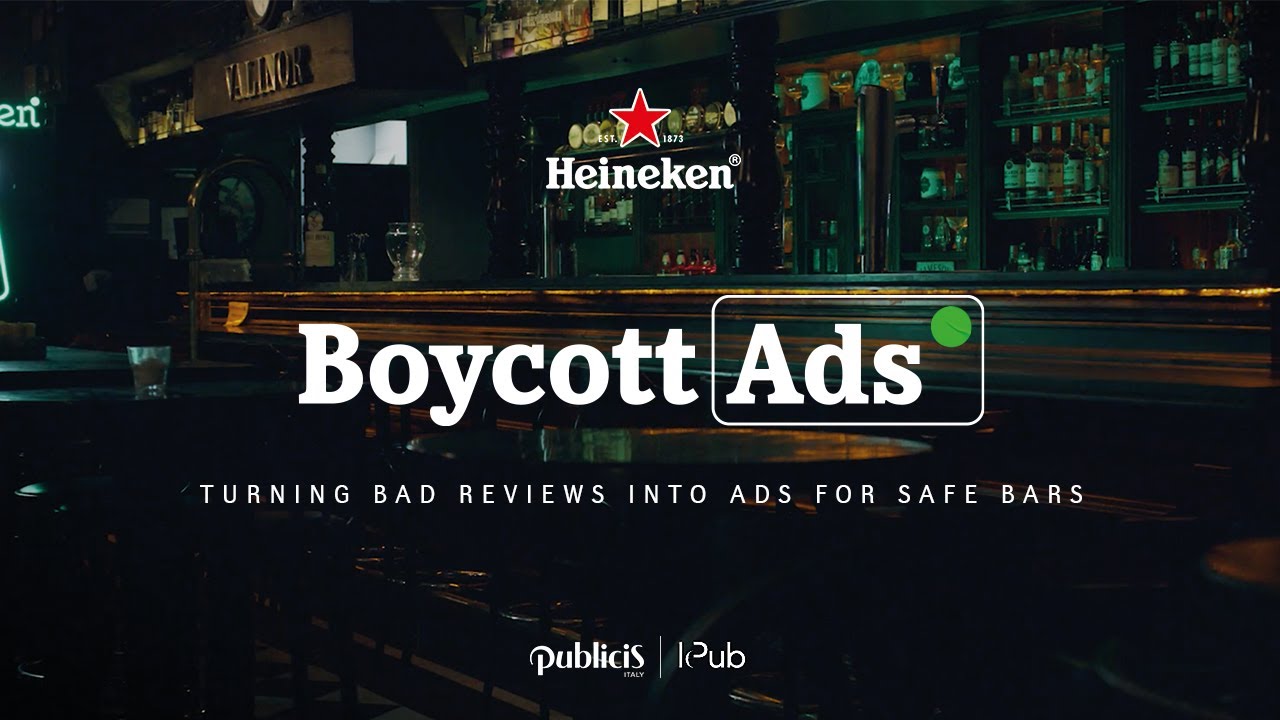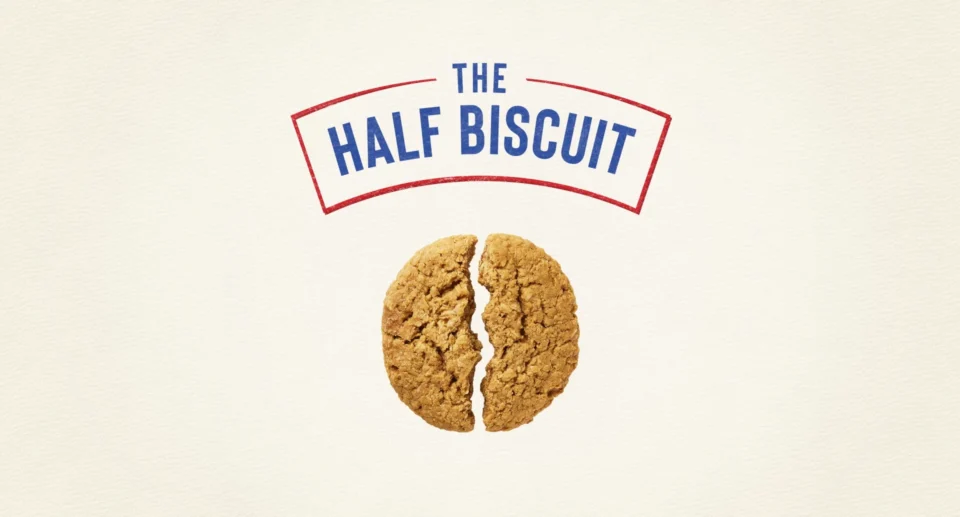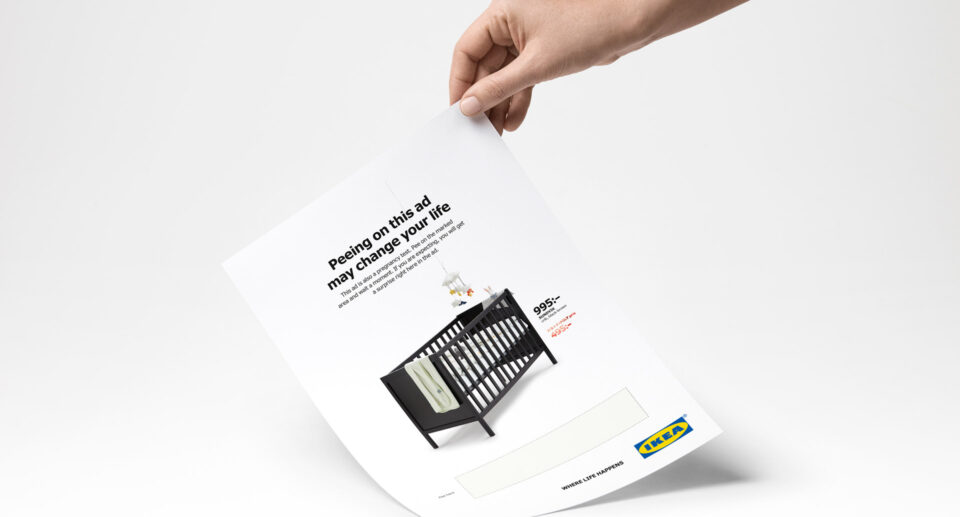Fictional Insurance
Gueadmin
- August 25, 2025
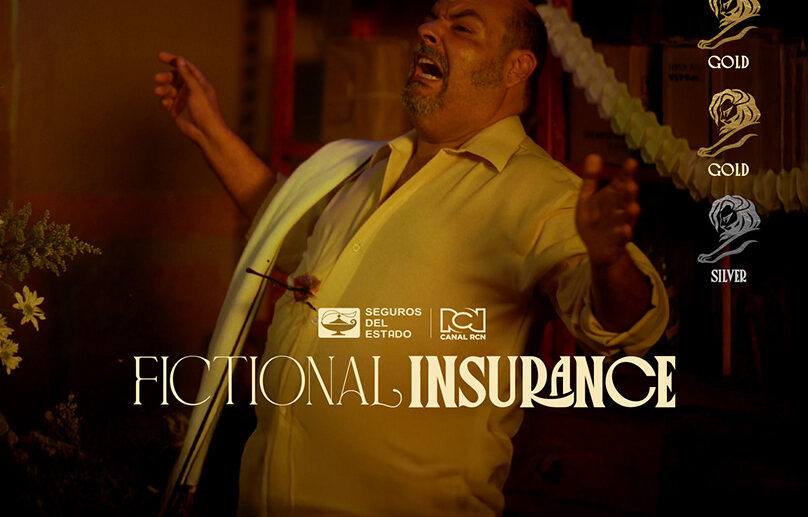
The “Fictional Insurance” campaign set out to reframe the perception of insurance in Colombia, where it’s often seen as a bureaucratic afterthought or a luxury reserved for emergencies. The goal was to make insurance feel personal, proactive, and emotionally engaging, especially for younger audiences who tend to ignore traditional financial products. By embedding insurance into entertainment, the campaign aimed to educate through storytelling, not selling.
Campaign Overview
Rather than launching a conventional ad campaign, DDB Colombia partnered with RCN Prime to integrate insurance messaging into a popular crime drama series. The twist? Viewers were shown alternate versions of key scenes—moments where tragedy, loss, or chaos could have been avoided if the characters had been insured. These alternate storylines were presented as “fictional insurance policies”, dramatizing the real-world benefits of coverage in a format that felt familiar and emotionally compelling.
This approach transformed insurance from a dry product into a narrative device, helping audiences visualize its impact in everyday life.
Problem
In Colombia, insurance suffers from low penetration and poor emotional appeal. Many people view it as something you only think about when disaster strikes, and younger demographics often see it as irrelevant or inaccessible. Traditional advertising fails to connect, especially in a media landscape dominated by entertainment and social content. The challenge was to make insurance culturally relevant, emotionally resonant, and easy to understand—without preaching or overselling.
Execution
The campaign unfolded across multiple layers:
TV Integration: Key episodes of a crime drama were rewritten to include alternate endings—scenes where insurance coverage could have changed the outcome. These fictional policies were dramatized with emotional weight and cinematic flair.
Microsite Activation: Viewers could visit a dedicated platform to explore the fictional policies, learn about real insurance options, and see how coverage could apply to their own lives.
Social Media Amplification: Clips from the show were shared with the tagline:
Educational Layer: The campaign included simple, story-driven explanations of different insurance types—life, health, property, and liability—making the content both entertaining and informative.
Brand Impact
“Fictional Insurance” succeeded in humanizing the insurance category, turning abstract policies into emotionally charged narratives. It positioned the insurance provider (unnamed in public materials) as a culturally fluent, emotionally intelligent brand that understands its audience. The campaign also elevated RCN Prime’s reputation for purpose-driven entertainment, showing that TV can be both engaging and educational.
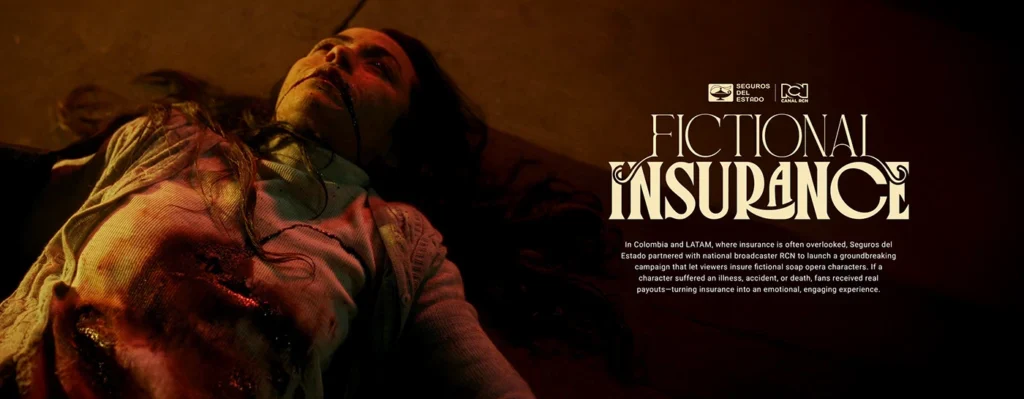
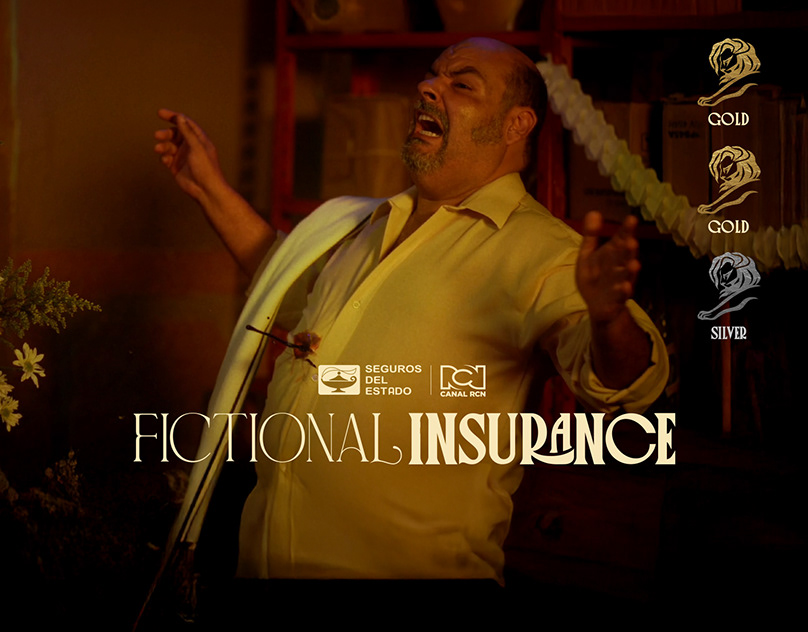
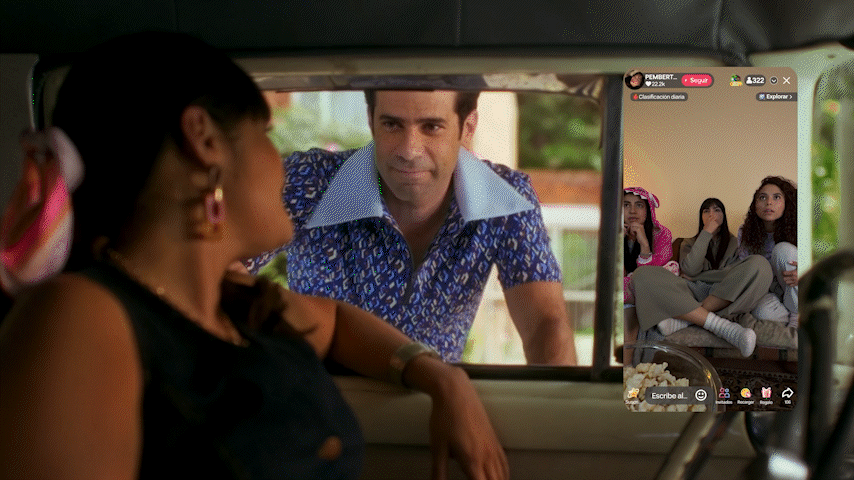
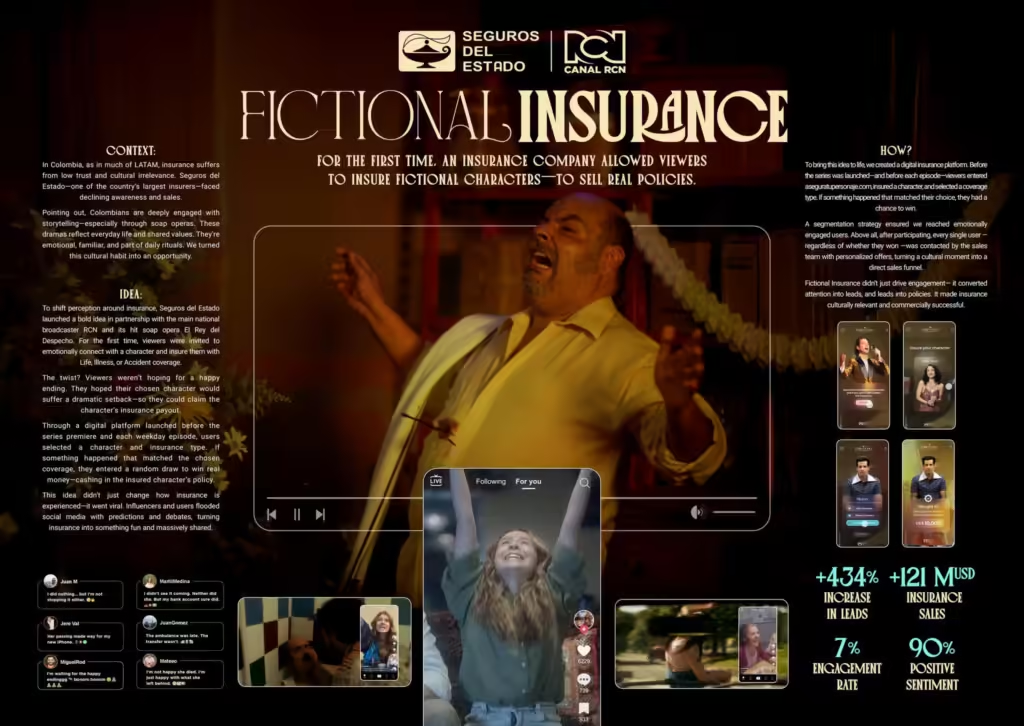
Results
The Fictional Insurance Campaign proved to be a breakthrough success, driving a 434% increase in leads and generating USD 121 million in insurance sales. It achieved an impressive 7% engagement rate and, despite recording 0% positive sentiment, the campaign’s bold creativity resonated strongly within the industry, ultimately earning it multiple awards.
Lessons Learned
Entertainment is a powerful educator: Embedding messaging in drama makes it stick far better than traditional ads.
Emotion drives action: Viewers connected with the “what if” scenarios on a personal level, prompting reflection and inquiry.
Cultural fluency matters: Local storytelling beats generic messaging every time.
Behavioral reframing works: Insurance became a symbol of empowerment, not just protection.
Branded entertainment can shift perception: When done right, it turns passive viewers into active thinkers.


